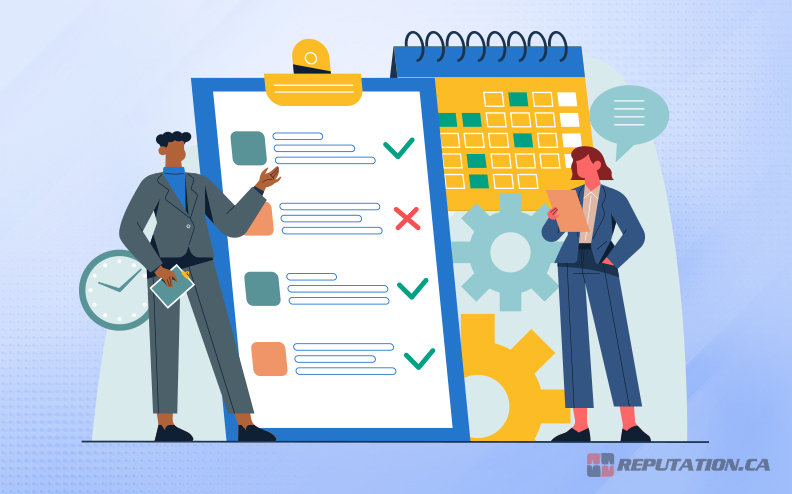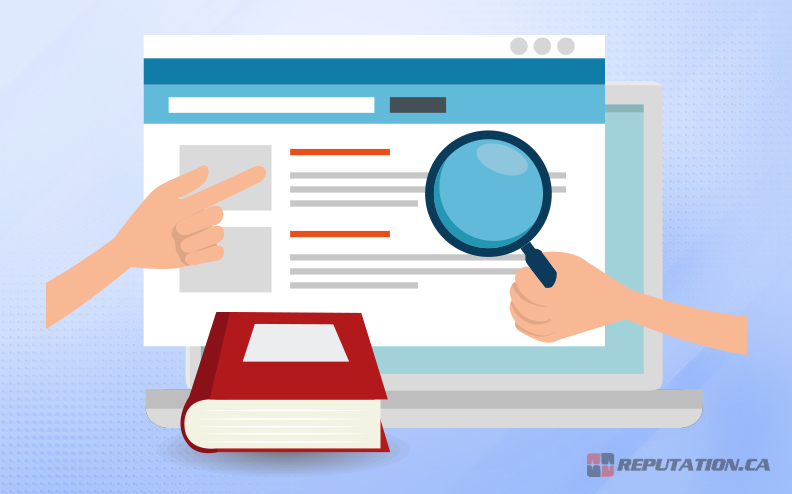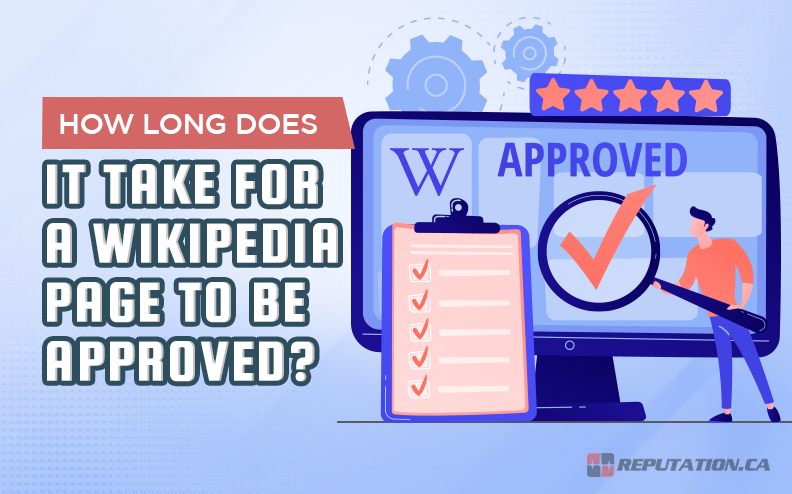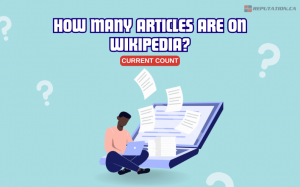Information is the ultimate resource used for centuries to advance society and create our modern civilization. Once upon a time, information was carefully guarded and restricted to the privileged few given access to academic facilities. These facilities were the hosts of vast libraries that contained tomes full of research, poetry, and journals that documented the various details of our existence.
Fortunately, information is nowhere near as difficult to acquire now as it was all those years ago. The advent of the internet has taken the world’s information and uploaded it to a widely accessible network we can access from our mobile phones. The prevalence of information on the internet means several websites were created to try and host the cumulative information of life on Earth.
No data website has been more successful than Wikipedia, which has become a staple of the internet since its creation. For years, Wikipedia has served as a source of general information (typically backed by sources in a bibliography at the bottom). It has also altered the way data is updated by opening editing to its users rather than maintaining a full-time staff to implement the edits. This has enabled anyone with access to Wikipedia to create new articles and edit existing ones as necessary.
While this has benefits, it also means less mature users could create articles with false information to harm the subject. As a result, Wikipedia has implemented an approval system to ensure the article meets its standards. The question many people have is: how long does this approval process take?
How Long Does it Take to Approve an Article?
Wikipedia is a major website, becoming one of the powerhouses of the modern internet. It is essentially a digital library containing articles on almost any subject you name. Because of its size, one would assume that the website employs a full-time team to manage and create articles to keep the information updated and minimize misinformation. In reality, Wikipedia does not have employees and instead empowers freelance moderators to oversee the articles.
As of March 20th, 2023, there are 6,632,578 articles hosted on Wikipedia, each focusing on a different topic. The shocking part is that this article count only applies to the English version of Wikipedia, and the foreign versions could have significantly more.
Comparatively, Wikipedia’s moderating staff is drastically smaller than the total number of articles. The latest count estimates that the English version of Wikipedia has 910 moderators who oversee the website. Additionally, these moderators are not paid employees but are volunteers who use their spare time to verify the quality of Wikipedia articles.
For this moderator count to oversee every article in one day, they would each need to check over 7,000 articles daily. Given the website’s size, that would be impossible; therefore, moderators take longer to check everything.

This situation directly affects the approval process for new articles since the moderators are usually responsible for approving them. Unfortunately, the number of moderators versus the number of articles present on Wikipedia can drag out the approval process. This is especially true since the number of newly published articles averages 454 new articles a day.
On average, new articles are approved within 3 to 6 months of being submitted for review. This could be disappointing if you were hoping to have an article published quickly, especially since many businesses use Wikipedia to manage their public image.
Remember that the 3 to 6-month period is an average and is subject to change depending on several factors. The nature of your article could expedite or extend the waiting period beyond the normal parameters. This is not guaranteed, but certain details about your article could effectively improve your article’s odds of being approved faster. Most of the details affecting this determination are beyond your control, but other details could help make your article more important to the moderators.
How Notable is Your Article?
When gauging how long it will take for your article to be published, a very important detail can impact the timeframe. Wikipedia prioritizes publishing new information that carries significance for most readers. When an article is submitted that focuses on a small event occurring in a small town in the Midwest, it will likely be secondary to an article focusing on a major international event. This hierarchy ensures the information with the greatest relevance reaches audiences faster.
Therefore, the article you submit will be compared to the hierarchy of events and compared to other pending titles in their evaluation cycle. You need to ask how notable your article is in the grand scheme of things. If you are a company or influencer attempting to create your own Wikipedia article, you might find yourself on the back burner if an international event transpires.

For example, let us say you are attempting to publish a Wikipedia article about your company, GeneroCorp. At the same time, an article is submitted focusing on a major conflict between the United States and another major country. Because the latter has more significance to domestic and foreign audiences, it will be prioritized by the moderators so the information can be released faster.
Conversely, if the other article is about a cinnamon festival in a small town in Nebraska, your company article will likely take precedence. Ultimately, the hierarchy of Wikipedia can have a minor impact on the time it takes to publish.
How Much Research Did You Do?
Despite being open to user edits, Wikipedia does not allow articles to make claims without some form of hard evidence. Depending on the subject, this could include scientific research, legal journals, or news articles reinforcing the writer’s claims. When an article lacks evidence to support the content, Wikipedia will either deny the proposed article or attempt to find the research confirming the article’s claims.
Either way, it could significantly delay the approval process as the moderators must assess the associated citations. You can help by ensuring the research you used to write the article is sourced in your proposed draft. This means less searching for the Wikipedia team and more time assessing the article’s content. That said, this is not going to change the evaluation process. Regardless of the included research, the moderators must assess your links to determine whether they are reliable and genuinely support your article’s content.

They will also check to see if you have plagiarized your article’s content from another source to expedite the process. Wikipedia articles have surprisingly strict guidelines concerning ethics and content and will not allow any articles that violate them. While including your research can make it easier for the moderators to complete this process, it does not mean they can skip a step. Nevertheless, there will be a marginally improved wait time.
Did You Use Wikipedia’s Guidelines While Writing the Article?
In addition to its ethical guidelines, Wikipedia employs several regulations outlining how the article will be written and formatted. This helps maintain consistency across the articles to avoid confusing or impairing readers. All articles published on Wikipedia adhere to these guidelines, and any edits that compromise the article’s compliance are undone. This enables Wikipedia users to enjoy a consistent experience while perusing the website’s articles.

There is an expectation that the writer of a proposed article will follow the guidelines while creating their draft. If the draft does not meet the moderator’s expectations, the writer can correct it and submit it again. This could lead to an undesired extension of the approval process when you are trying to get your article published as soon as possible.
The best way to minimize the odds of having to redo the approval process is to have the guidelines handy when drafting the article. Having the guidelines available during the process will ensure you can cross-reference to avoid mistakes. The closer the draft is to Wikipedia’s guidelines, the less likely it will be rejected and the quicker it will be published. Fortunately, the guidelines are not overly demanding and can be found on Wikipedia’s website.
Why Are Wikipedia Articles Important to You?
Creating a Wikipedia article about anyone or anything creates a powerful tool that determines the general perception of that subject for years. When an article is published to Wikipedia’s standards, everyone who uses the website can easily access the information.
A simple Google search usually has the Wikipedia article near the top of the results list. Therefore, any information about you or your business can be seen by millions, if not billions, of users at any moment. This means your reputation can be altered by the content of a Wikipedia article that might unintentionally misrepresent you. You might think that your best bet to prevent this is to write and publish the article yourself. Unfortunately, that tactic could further delay the publication of the page or prevent it.

While Wikipedia has not expressly forbidden it, writing an article about yourself or your business is frowned upon. Most moderators will reject a self-written article because of unconscious bias that might taint the content. While it might not be intentional, you might leave out key details that would paint you in a bad light.
While this is understandable, it violates Wikipedia’s standards since their articles desire transparency and honesty. Therefore, an article you wrote yourself will likely be rejected or, if published, might be taken down upon further review. Unfortunately, the same principle applies to editing articles about you since that same bias might lead you to edit out unflattering details.
This is not to say you cannot be involved in your Wikipedia article, but that you will likely be unable to make it yourself. However, if someone were to publish or edit an existing article in which you are the article’s subject, you might have grounds to make alterations if you can prove the content was misleading.
Moderators usually leave these changes alone if the evidence supports the edit’s justification. In fact, monitoring your Wikipedia article for changes like this is essential to maintaining your reputation in a digital era. The only detail is that you might not be able to make the changes directly and instead use someone else’s services to make the change for you.
Additionally, it is possible to alert Wikipedia’s administrators by leaving a note on the article’s “Talk” page. This page is where users leave comments to discuss the article’s content or make recommendations for alterations they cannot or will not make themselves. Regardless, creating and editing your own Wikipedia article is another conversation entirely. The main point is that Wikipedia articles play a huge role in reputation management since most people use them to learn about your background.
Take Your Reputation Back!
Wikipedia articles are a major part of the internet and one of the main sources of information the average internet user employs. Students, academics, journalists, etc., all use Wikipedia to at least gather general information about a topic. This has turned Wikipedia into a double-edged sword that can make or break a company depending on its past.
Nevertheless, keeping a close eye on the Wikipedia article about you or your business can help you manage the fallout of your past. Unfortunately, the biggest issue is when people edit the article in a way that misrepresents you and harms your reputation. Countering these harmful edits can be accomplished independently but works better when you have a full-time team managing your image.

We at Reputation understand the significance of public image and know that it can be challenging to maintain it in modern society. That is why we have dedicated ourselves to helping individuals and companies manage their reputations through any means. Among our services are Wikipedia monitoring and editing, allowing us to act on your behalf to edit false addendums to a Wikipedia article about you while remaining in line with Wikipedia’s terms of service. Your reputation is one of your most important resources, so visit our website today and take your reputation back!
Have any questions about anything we discussed in today’s article? If so, we’re always more than happy to answer them! Reach out at any time, and we’ll gladly assist you further!







